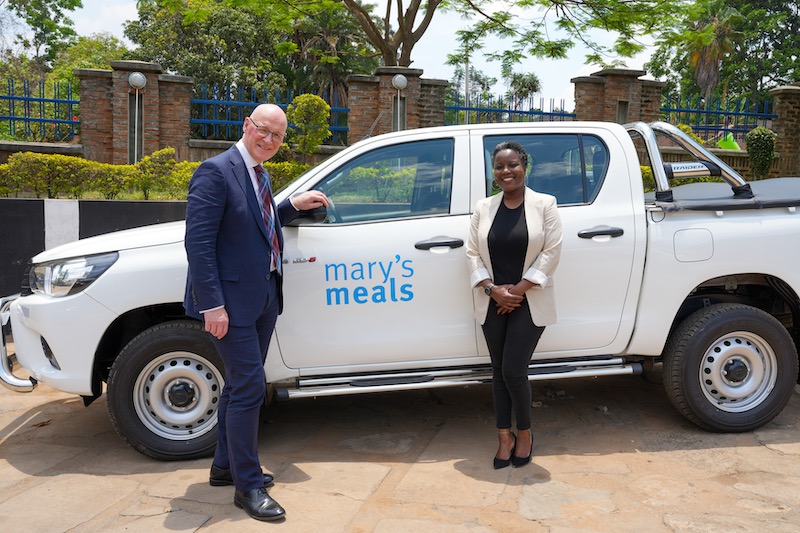First Minister John Swinney has announced the first grants from Scotland’s £3 million Women and Girls Fund, supporting grassroots organisations in Malawi and Zambia to advance gender equality and inclusive development.
Speaking during his visit to both countries this week, the First Minister pledged ongoing support for community-led efforts to tackle gender-based violence, improve women’s representation, and build inclusive economies.
“Gender inequality remains one of the greatest human rights challenges globally,” said Mr Swinney.
“The Scottish Government’s funding is empowering women and girls, locally, to define and meet their own priorities.”
In Zambia, the First Minister met with women-led organisations working on disability rights, representation in politics, and safer public services.
He also visited a One Stop Centre, a hub supporting victims of gender-based violence, strengthened through a joint initiative between Police Scotland and the Zambian Police Service, backed by Scottish Government funding.
“Tackling violence against women and girls is one of our key priorities in Scotland,” Mr Swinney said.
“It is important that we continue to share learning with other countries on this common goal.”
In Malawi, a new funding package of over £350,000 was unveiled to boost women-led small businesses through the Malawi Investment Programme.
The funding aims to support sustainable growth in rural communities by developing skills, building economic independence, and enabling long-term opportunities for women and their families.
“When it comes to building a better future for women and girls, supporting inclusive education and creating opportunities in business will also be key,” said the First Minister.
Violet Pikiti Sitwala, Executive Director at Archie Hinchcliffe Disability Intervention in Zambia, said the funding and visit had been transformative.
“We have been greatly honoured to be part of the whole process of the Women and Girls Fund, from designing to being recipients and now being visited by the First Minister of Scotland,” she said.
“The process has been deeply empowering, providing us a valuable opportunity to drive community transformation through advocacy, especially in advancing the rights and well-being of girls and women with disabilities.”
The Women and Girls Fund is part of Scotland’s International Development strategy, which focuses on tackling global inequality through sustainable and inclusive partnerships.





